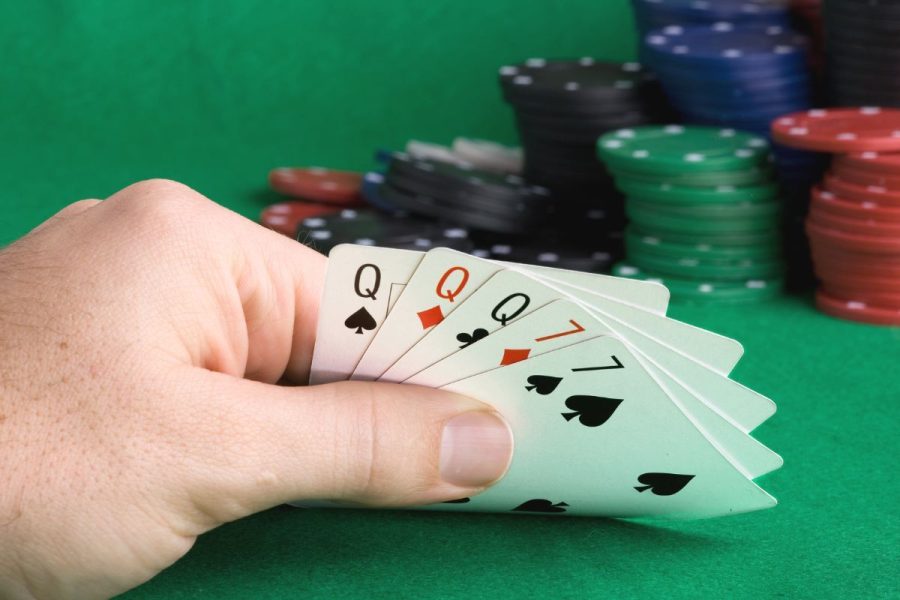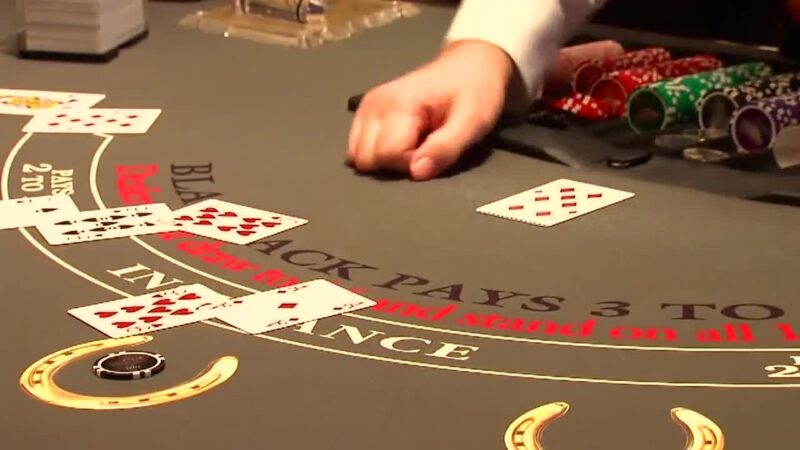In the bustling world of casinos, where the sound of rolling dice and the clinking of chips meld into a symphony of chance and excitement, a lingering question often takes root: Are casino games rigged? Beneath the glossy veneer of neon lights and enticing jackpots lies a complex web of mathematical programming that governs every spin of a slot machine and every deal at the poker table. At first glance, it might seem as though players are simply at the mercy of luck.
However, the reality is far more intricate. Algorithms, probabilities, and house edges play pivotal roles in shaping the gaming experience, revealing a dance between skill and chance that can often leave players in a state of bewilderment.
Understanding this mathematical undercurrent not only sheds light on the integrity of casino games but also empowers players to make informed choices as they navigate the thrilling yet treacherous waters of gambling. So, let’s embark on a journey to demystify the equations and strategies that keep this captivating industry ticking.
Introduction to Casino Games

Casino games have captivated players for centuries, drawing them into an alluring world of chance, strategy, and, sometimes, sheer luck. From the spinning reels of slot machines to the tense atmosphere of a poker table, each game offers a unique blend of excitement and risk.
Yet, beneath the glamour lies a complex system designed not only to engage players but also to generate profit for the house. Understanding these games requires a closer look at the mathematical principles that govern their outcomes.
Are these games truly fair, or is there an invisible hand manipulating the odds? As we delve deeper into the realm of casino gaming, well explore the intricacies of their designs and the subtle ways mathematics influences every roll of the dice, every shuffle of cards, and every spin of the wheel.
Random Number Generators (RNGs): The Backbone of Online Gaming

Random Number Generators (RNGs) are the unseen powerhouses driving the dynamic world of online gaming. At their core, these algorithms ensure fair play by producing unpredictable outcomes, giving players genuine chances of winning with every spin of the slot or flip of the card.
However, beneath their sleek interfaces lies a complex web of mathematical programming that determines the likelihood of various game outcomes, making each session an exhilarating mix of chance and strategy. Many players, entranced by the thrill of the game, don’t realize that every decision made by the RNG reflects deep-rooted statistical principles.
Ultimately, RNGs not only maintain the integrity of online casinos but also enhance user experience, fostering a trust that is paramount in the ever-evolving digital gaming landscape. With this system in place, the question remains: how much do players actually understand the very codes that govern their fate?
Statistical Analysis of Casino Games

Statistical analysis of casino games reveals a fascinating interplay between chance and design, shrouded in layers of mathematical intricacy. Each game, be it blackjack, poker, or slot machines, has its unique probability structure, often governed by the house edge, a mathematical advantage that tilts the odds in the casinos favor.
For instance, in blackjack, while players can increase their chances through strategy, the inherent rules still ensure a slim margin for the house. Similarly, the seemingly random spins of a slot machine are orchestrated by algorithms that dictate payouts and frequency.
This blend of calculated risk and strategy creates an environment where the thrill of the game collides with the rigid laws of mathematics. As players venture into these betting arenas, understanding these statistical underpinnings becomes essential.
Ultimately, the question of whether casino games are rigged transcends mere speculation; it calls for a deeper dive into the numbers and the algorithms that govern this alluring world.
Conclusion
In conclusion, while the concerns about rigged casino games are prevalent among players, understanding the underlying mathematical programming reveals a more nuanced truth. Most casino games are designed with a built-in house edge that ensures the casino remains profitable over time; however, this doesn’t equate to rigging.
Knowledgeable players can improve their odds by embracing strategies grounded in mathematics and probability. As the gaming landscape continues to evolve, staying informed is crucial for those who wish to approach casino games with a strategic mindset.
For more insights and information on the dynamics of casino gaming, visiting resources like https://spy-casino.com/ can offer valuable perspectives and guide players through their choices in the gambling world. Ultimately, a well-informed player is the best defense against misconceptions and can enjoy casino gaming as both a thrilling and fair experience.


